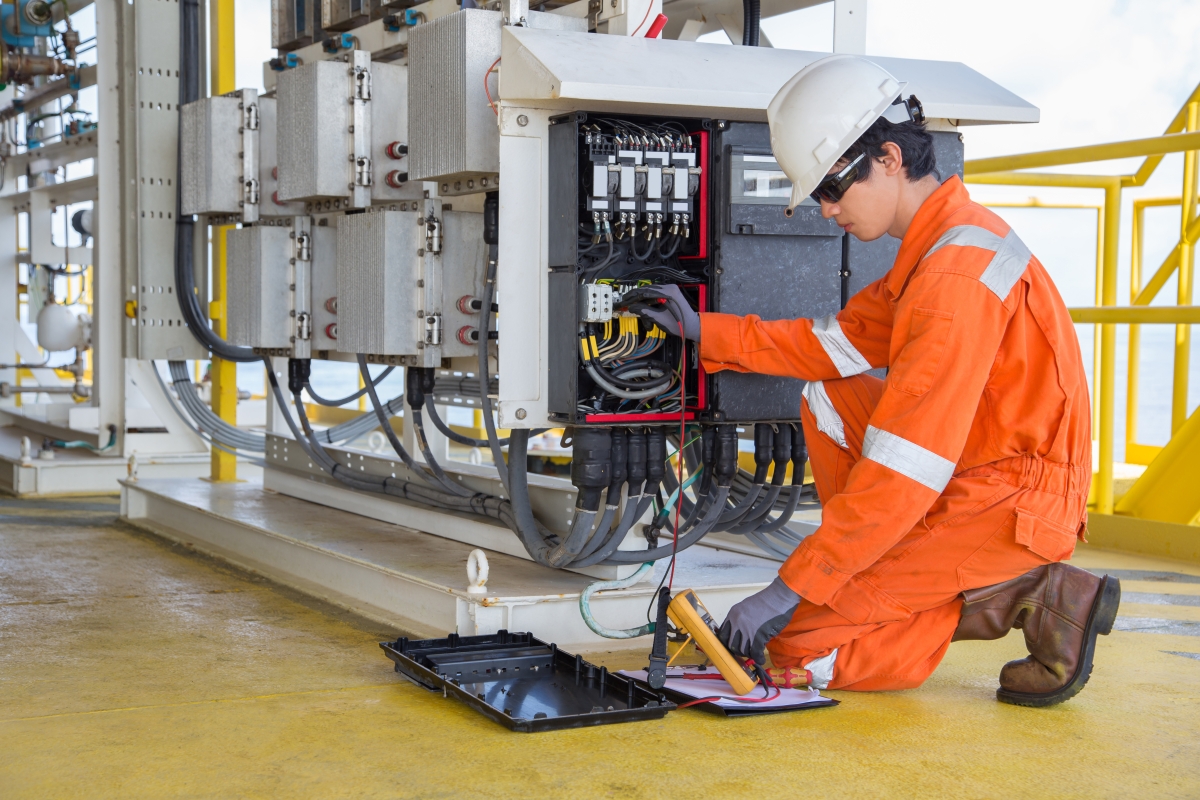In the realm of technology, robotics is a field that has been captivating the imagination of scientists, engineers, and enthusiasts alike. The question that often arises is, Is robotics more mechanical or electrical? This query, while seemingly straightforward, unravels a complex tapestry of interwoven disciplines that form the backbone of robotics.
To begin with, it is essential to understand that robotics is an interdisciplinary field that marries mechanical engineering, electrical engineering, and computer science. The mechanical aspect of robotics deals with the physical design, construction, and operation of the robots. It involves the creation of the robot’s structure, its movement mechanisms, and the design of its various components such as gears, motors, and sensors.
On the other hand, the electrical facet of robotics is concerned with the power supply, control systems, and the electronic circuits that enable the robot to process information and execute commands. It involves the design and implementation of circuits, sensors, and actuators, which are vital for the robot’s functionality.
However, to label robotics as being more mechanical or electrical would be an oversimplification. The beauty of robotics lies in the seamless integration of these two disciplines. The mechanical components provide the physical form and mobility, while the electrical systems give the robot its intelligence and responsiveness.
The mechanical and electrical aspects of robotics are like two sides of the same coin. They are intrinsically linked and dependent on each other. A robot without a well-designed mechanical structure would be unable to move or interact with its environment effectively. Similarly, without the electrical systems, a robot would merely be a static structure, devoid of any intelligence or functionality.
The advent of advanced technologies such as Artificial Intelligence (AI) and Machine Learning (ML) has further blurred the lines between the mechanical and electrical aspects of robotics. These technologies, which fall under the umbrella of computer science, enable robots to learn from their experiences, adapt to new situations, and make decisions, thereby adding a new dimension to robotics.
In conclusion, the question, Is robotics more mechanical or electrical? is akin to asking if a car is more about its engine or its wheels. Both are integral to the functioning of the car, just as both mechanical and electrical engineering are crucial to robotics. The true essence of robotics lies in the harmonious blend of mechanics, electronics, and computer science, each contributing its unique strengths to create a field that is continually pushing the boundaries of what is technologically possible.

